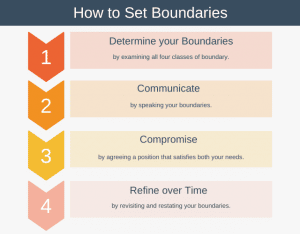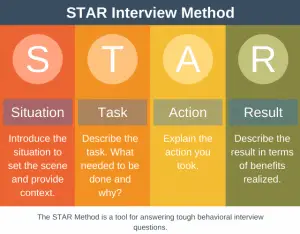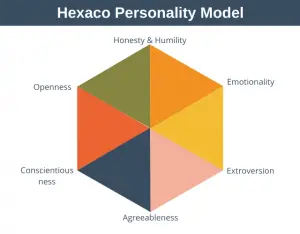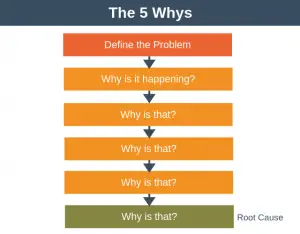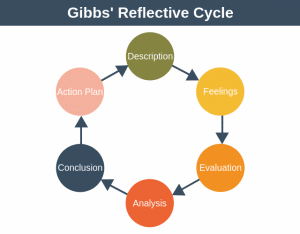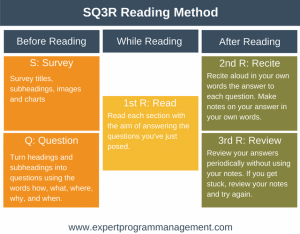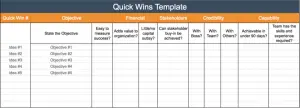Likeability is important. Since 1960 Gallup has been monitoring public opinion on presidential candidates, taking into account party affiliation, the impact of important issues of the day, and likeability. From these factors, it may surprise you to learn that only the likeability factor has consistently predicted the winning candidate.
Psychological research has also been done to find out what makes certain job candidates more likely to receive a job offer than others. Despite interviewers saying that skills and previous work experience are the most important factors they consider, experiment after experiment has shown that neither of these factors was the most important. The most important factor was whether the candidate appeared to be a pleasant person.
Tip 1: Likeability is more important than work experience and academic background.
Because of this there are some simple things you can do to give your likeability a boost:
- Research the organization in advance to find something you genuinely like about it. It could be anything from their environmental policy to a feature of a particular product. Make sure to express your opinion that you genuinely like something about the organization to the interviewer.
- If it is natural and unforced, feel free to provide the interviewer with a genuine complement.
- If the opportunity is raised by the interviewer, feel free to chat about a non-job related topic that you both find interesting. In my case I often find myself talking about cycling if a colleague expresses an interest, or where the future of our industry is headed (which is usually something we both have in common).
- Show an interest in the interviewer. Remember to ask how the person and role fits within the overall organization and what type of person they are looking for.
- Be enthusiastic. Both about the organization and the job.
- Smile and keep eye contact with the interviewers (within reason!)
Tip 2: Get your Skeletons out of the Closet Early
If you have some weaknesses, then don’t delay until the back end of the interview to reveal them. You will give your credibility a boost by showing you are not afraid to reveal these early on. Delaying explaining your weaknesses makes interviewers feel as though you have something to hide when you finally do reveal them.
When it comes to your strengths, don’t let all your strengths or awards out of the bag at the start of the interview. By delaying the communication of some of your strengths or achievements, it will appear to the interview that you are more modest and confident, being prepared to allow your strengths to emerge naturally. Conversely, blurting out all your strengths at the beginning of the interview may be seen as boastful.
Tip 3: Remember the Spotlight Bias
There is a classic bias in psychology whereby if a person makes a mistake then they perceive that many more people noticed it than actually did. This bias is known as the spotlight bias. If you do make a mistake in your interview, don’t try to recover using an elaborate response or over apologising. Instead, acknowledge the mistake if appropriate, and continue as though absolutely had happened.
Conclusion
Note that the tips above only work if your pretty well suit to the job your going for in the first place. Its not going to be possible to use likeability to counter a five year stint in jail, for example.
Finally, if you have a spare 30 minutes then it’s fascinating to check out the Gallup site and examine some of the trends they have captured.
* Image by michaelkuhnphotos



